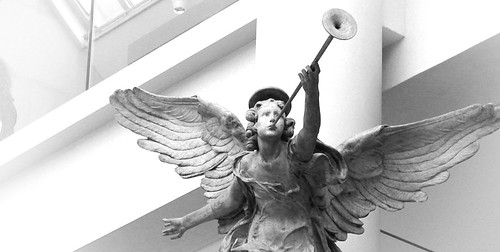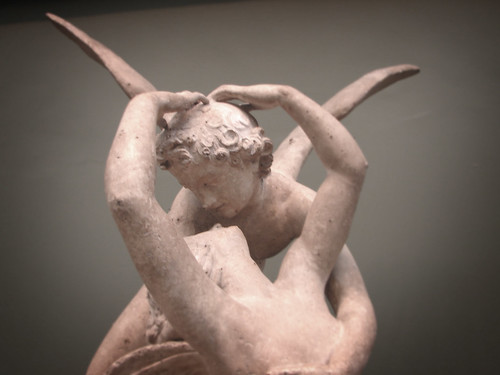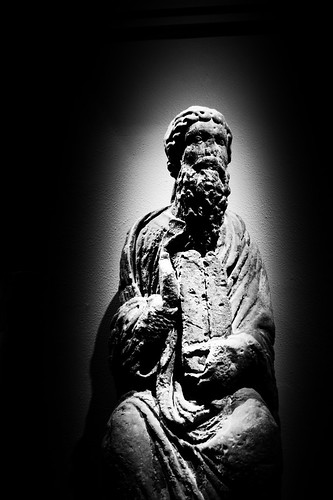
A window of the farmhouse on the the Boudinot-Southard-Ross Estate in Basking Ridge, NJ. Photo by Rick Morley.
The following is a reflection (previously published on this site) on Matthew 5:1-12, the Gospel lesson appointed for All Saint’s Day, Year A, according to the New Revised Common Lectionary. On this site there is also
• a reflection on the New Testament Lesson for the same day, and
• a Litany for All Saint’s Day.
There are certain sections of the Bible that modern Western culture has undoubtedly and unfortunately tamed. These wildly potent sections that we’ve castrated are easy to recognize: they’re the ones that we find needle pointed onto pillows, fleece throws, and the swollen bellies of teddy-bears.
They’re the ones we find unashamedly emblazoned onto sweatshirts and t-shirts with an air brush. And, they’re usually found inconspicuously read by someone’s aunt at their mostly secular, but trying-to-hide-it-with-a-reading-from-the-Bible, wedding.
We find them used in these places not because of their intrinsic worth, or because of their incredible power and truth, but usually because of some warm and fuzzy sentiment we have attached to them.
Because on the surface they just sound so nice.
The Beatitudes in the fifth chapter of the Gospel of Matthew is one such text that has been used and abused for its sentiment. But as for its resoundingly powerful message and mandate? – It’s been sadly ignored. Read More





